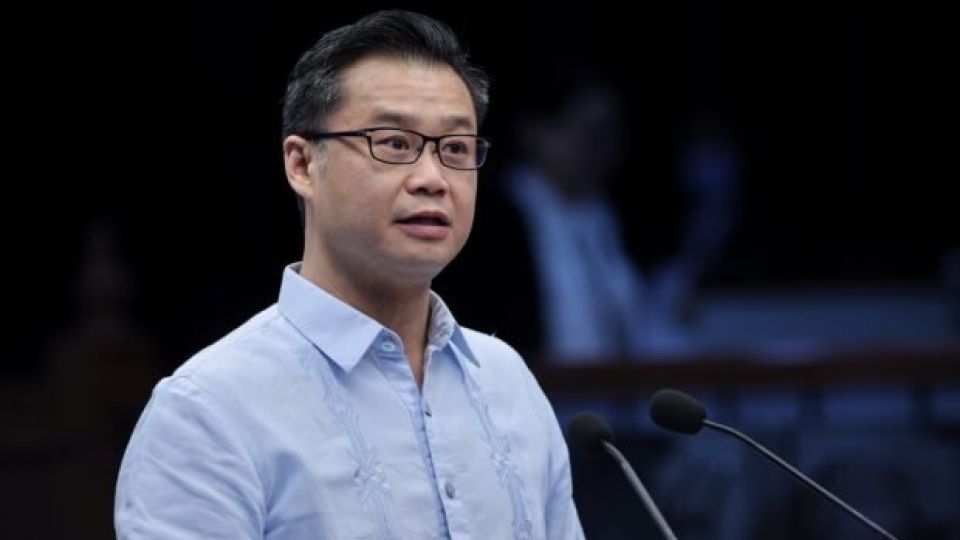January 2, 2024
MANILA, Philippines — At the start of a new year, Sen. Sherwin Gatchalian again called on the government to immediately pass an energy transition measure amid mounting calls for a coal phaseout.
“It’s important that we put in place as soon as possible an energy transition measure so that the coal phaseout, including its replacement, would be based on scientific optimization,” Gatchalian said on Monday.
Gatchalian, vice chair of the Senate Committee on Energy, cited his Senate Bill (SB) No. 157 or the proposed Energy Transition Act that outlines how the country could phase out fossil-fired plants and achieve net zero emissions by 2050.
Energy transition refers to the shift from fossil-based systems of energy production and consumption — including oil, natural gas, and coal — to renewable energy sources like wind and solar, as well as batteries.
SB 157, for example, seeks to offer the same incentives for clean energy adopters as defined in Republic Act (RA) No. 11285 or the Energy Efficiency and Conservation Act.
Incentives
Establishments that will switch to clean energy will be awarded and recognized for their “innovations” in energy efficiency and conservation “best practices” and “successful” energy efficiency projects and energy-efficient products.
They will also receive technical assistance from government agencies in the development and promotion of energy-efficient technologies, according to RA 11285.
“We [in government] need to put in place incentives to better implement our resolution to use clean energy,” he said.
Gatchalian stressed that without an energy transition law, the Philippines may not be able to meet its objective to phase out coal, which currently accounts for close to half of the country’s energy mix.
“Since the commitment to phase out coal is voluntary, there needs to be sufficient policy signals that would provide incentives for such action,” he explained.
The Department of Energy has vowed to increase the share of renewables in the country’s energy mix from the current 22 percent to 35 percent by 2030 and 50 percent by 2040 and thus help meet the country’s commitments under the Paris Agreement to mitigate global warming that has been causing calamitous weather events.
Challenge
This is a challenge for the Philippines, however, which is heavily dependent on fossil fuels to meet its energy needs.
But with an energy transition measure in place, the Philippines is deemed to have a better chance of achieving its goals, especially after the clear call at the close of the United Nations 28th Conference of Parties (COP28) in Dubai last December to transition away from fossil fuels.
Gatchalian expressed optimism that the development of more renewable energy projects in the country will bring down power costs and ensure the sufficiency of the energy supply.
The senator is also pushing for the passage of SB 485, which seeks to establish a power net metering program that allows participants with their own renewable energy facilities to feed power back into the grid and have their contribution to the common pool of power deducted from their consumption.


